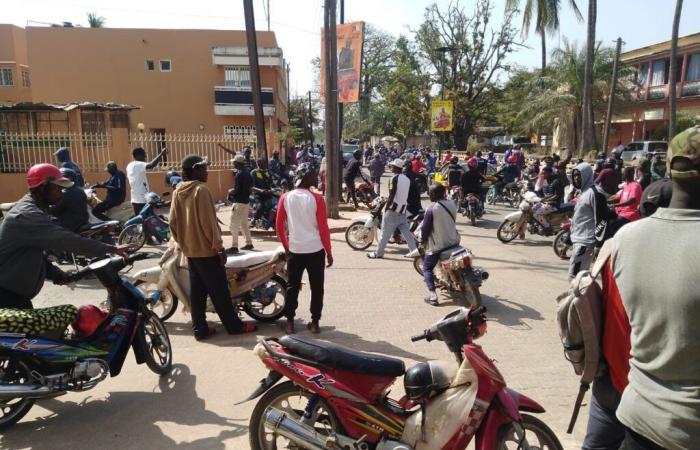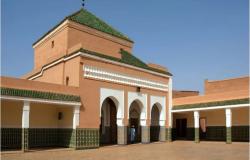The State has announced, on several occasions, the regulation of two-wheel traffic. While awaiting the implementation of the directives issued, including systematic registration, it must be noted that the public authorities have already tackled, over the last eight years and without great results, the question of regulating this new form of urban public transport, the growth of which is accompanied by many inconveniences in the daily lives of Senegalese people, even if there are advantages in the fight against youth underemployment.
The Ministry of Infrastructure, Land and Air Transport (MITTA) recently decided that owners of unregistered 2-wheel motorcycles with a cylinder capacity greater than 49 cc have a period of three months to register. This did not fail to arouse mood swings and street demonstrations, albeit sporadic, from two-wheeler drivers in Ziguinchor, Sédhiou and Dakar (Cambérène roundabout). This new attempt by the public authorities revives the difficulties in maintaining order in the sector. Indeed, the State had announced measures with great fanfare, going in the direction of registration, the compulsory wearing of helmets and respect for the Highway Code, among others. At the time, a period of six (6) months was granted to owners and drivers of two-wheelers to comply, particularly with regard to transport documents (license, technical inspection, registration) free of charge. Nothing has changed. Already in 2017, during a press conference held on February 28, the head of the Public Relations Office of the National Police, Henry Boumy Ciss, reported measures taken to strengthen citizen security. This involved the systematic registration of two-wheelers. Warrant Officer Henry Boumy Ciss said, at the time, that according to the legislation, only 125 cm3 motorcycles had to be registered. It was also announced the generalization of surveillance videos in the streets of the capital. In November 2023, during the vote on his ministry’s budget in the National Assembly, Mansour Faye, then Minister of Infrastructure, Land Transport and Opening up, recognized the difficulties caused by the circulation of two-wheelers, including the transport of people, even though they do not have the right to do so. A text had thus been announced to regulate their circulation. Several directives were issued by the old regime without the expected result being achieved.
Remember that during recent political events, the circulation of motorcycles was prohibited on several occasions, for security reasons, it was said. Precisely, for the same reasons and lack of compliance with regulations, regular checks are carried out, whenever necessary, by traffic officers at different places (roads, intersections, roundabouts, etc.) in Dakar and its suburbs. . They often result in the arrest of several dozen motorcycles for lack of registration, titles and transport documents (motorcycle papers, licenses, insurance, registration document, etc.). But, minutes later, their drivers all return to traffic, after paying a ticket/fine, without them being in compliance. To the great dismay… of road and public safety.
-In Senegalese towns and villages, we are increasingly seeing the movement of motorcyclists who compete everywhere or almost with public passenger transport vehicles. After the towns and localities in the interior of the country, Dakar is currently heavily invaded by these means of transport. Their strong presence in recent years is not without often harmful consequences for road and even public safety. Road accidents, multiple assaults, snatching, non-compliance with the Highway Code and regulations, lack of documents and transport tickets (driving license, insurance, vehicle registration/technical inspection, lack of registration, etc.) and bad behavior of drivers (failure to wear helmets and traffic lights, ignoring the instructions of traffic regulating agents, etc.), are the hallmark of this sector, which is mainly invested by young people who have barely left school. ‘adolescence. The question now remains whether the standoff initiated by the new authorities against two-wheelers will lead, for good, to the regularization and regulation of this transport sub-sector.
FATOU NDIAYE






